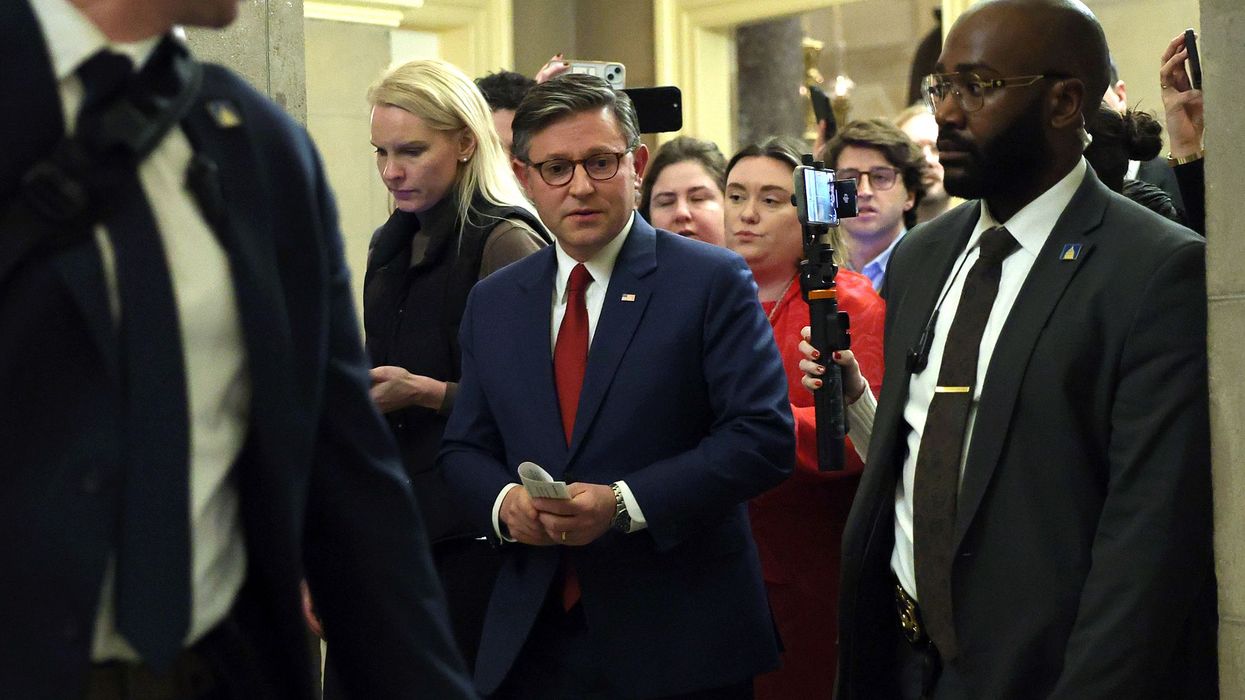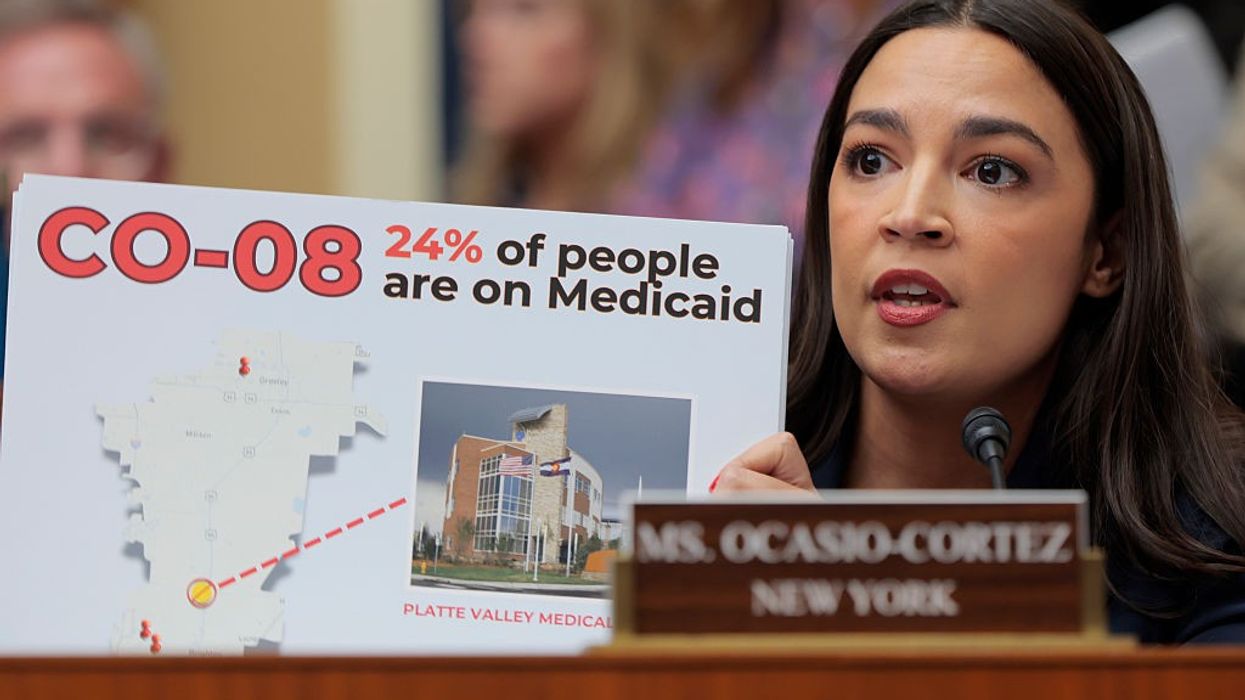March, 14 2013, 12:55pm EDT

On Anniversary of U.S.-Korea FTA Implementation, U.S. Exports Down 9 Percent, Imports from Korea Up and Deficit With Korea Swells 30 Percent, Undermining Obama Export and Job Growth Goals
Though U.S.-Korea Free Trade Agreement Outcomes Are Abysmal, Obama Pushes for Trans-Pacific and European Agreements Based on Same Model
WASHINGTON
The actual outcomes of the U.S.-Korea Free Trade Agreement (FTA) that took effect one year ago, March 15, have been exactly the opposite of what the Obama administration promised, Public Citizen said today. Despite government data once again demonstrating the damage caused by yet another "trade" agreement based on the model of the North American Free Trade Agreement (NAFTA), the Obama administration is trying to sell massive Trans-Pacific and European agreements based on the same model with the same false promises.
U.S. export growth to countries with pacts like the U.S.-Korea FTA has been particularly lackluster; growth of U.S. exports to countries that are not FTA partners has exceeded U.S. export growth to countries that are FTA partners by 38 percent over the past decade. In contrast to the Obama administration's promise that the U.S.-Korea FTA would mean "more exports, more jobs," U.S. goods exports to Korea have dropped 9 percent (a $3.2 billion decrease) since the Korea FTA took effect, in comparison to the same months in the year before FTA implementation. U.S. imports from Korea have climbed 2 percent (an $800 million increase). The U.S. trade deficit with Korea has swelled 30 percent (a $4 billion increase). The January data from the U.S. International Trade Commission show that the U.S. trade deficit with Korea skyrocketed 81 percent above December's level, topping $2.4 billion - the largest monthly U.S. trade deficit with Korea on record. The ballooning trade deficit indicates the loss of tens of thousands of U.S. jobs.
"I suspect that most Americans are likely to be angry with the politicians who got us into another one of these NAFTA-style deals, rather than surprised at the damaging outcome. Polls show that majorities of U.S. independent, Democratic and GOP voters consistently oppose these deals because they think they are bad for their families and the American economy," said Lori Wallach, director of Public Citizen's Global Trade Watch. "The Obama administration is inviting the public to focus on the debacle of its Korea Free Trade Agreement by using the same failed claims to push a Trans-Pacific FTA with 10 Asian and Latin American nations that is literally based on the Korea FTA text."
The decline in U.S. exports under the Korea FTA contributed to an overall disappointing U.S. export performance in 2012, placing the United States far behind Obama's stated goal to double U.S. exports by the end of 2014. At the sluggish 2012 export growth rate of 2 percent, the United States will not achieve the president's goal until 2032, 18 years behind schedule.
"The data show that these Obama administration-supported FTAs are undermining the national goals set by the president of boosting our exports, reviving U.S. manufacturing and creating American jobs," said Wallach. "This kind of data makes everyone wonder just why the administration keeps pushing so-called 'trade' agreements like the Korea FTA, and now the Trans-Pacific Partnership, that facilitate offshoring, ban Buy American provisions and erode manufacturing jobs, utterly contradicting the president's domestic agenda."
Many of the sectors that the Obama administration promised would be the biggest beneficiaries of the Korea FTA have actually been some of the deal's largest losers. U.S. pork exports to Korea have declined 18 percent under the FTA relative to the same months in the year before FTA implementation, while beef exports have fallen 9 percent and poultry exports have plunged 41 percent. While U.S. auto exports to Korea have increased 7 percent under the FTA, U.S. auto imports from Korea have surged 17 percent, causing an 18 percent rise in the U.S. auto trade deficit with Korea.
Read additional analysis of the government data on U.S. trade with Korea under the U.S.-Korea FTA.
Public Citizen is a nonprofit consumer advocacy organization that champions the public interest in the halls of power. We defend democracy, resist corporate power and work to ensure that government works for the people - not for big corporations. Founded in 1971, we now have 500,000 members and supporters throughout the country.
(202) 588-1000LATEST NEWS
House GOP to Skip Town Early for Holiday Recess as Healthcare Premiums Soar, Epstein Files Loom
"The same GOP that voted last summer to give the richest Americans and most profitable companies trillions of dollars in tax cuts somehow can't find the funds this winter to ensure 20 million Americans can afford their health insurance."
Dec 18, 2025
The US House was originally scheduled to be in session on Friday, but the Republican leadership gave members a green light to skip town on Thursday for the two-week holiday recess without voting to prevent massive health insurance premium hikes for tens of millions of Americans.
The decision to let members leave early came after House Democrats secured enough support from swing-district Republicans to force a vote on legislation that would extend Affordable Care Act (ACA) subsidies that are set to expire on December 31, sending premiums soaring.
Democrats on Wednesday demanded an immediate vote on the proposed three-year extension of the ACA tax credits, but Republicans instead pushed to the floor and passed their own healthcare bill that would leave around 100,000 more Americans uninsured per year over the next decade—on top of the millions set to lose coverage due to the expiration of the enhanced subsidies.
The GOP bill is doomed to fail in the narrowly Republican-controlled Senate, which voted down a Democratic push for an extension of the subsidies earlier this month.
More than 20 million Americans relied on the tax credits to afford health insurance. With their expiration, ACA marketplace premiums are set to more than double on average, pricing many people out of coverage entirely.
"Congressional Republicans could have followed through on their promises to help families afford the basics by extending the premium tax credit enhancements to help them enroll in affordable, comprehensive coverage. Instead, they recycled old ideas, refused to address the current affordability crisis—and made plans to go home," Sharon Parrott, president of the Center on Budget and Policy Priorities, said in a statement Wednesday.
"On the brink of this deadline, some Republicans have recognized that the stakes for families are too high to do nothing," Parrott added, pointing to the four GOP lawmakers who signed the discharge petition. "A House bill to extend the premium tax credit enhancements now has the required signatures on its discharge petition to force a vote on the House floor. Republican policymakers should step up and put the needs of individuals and families first."
"If Speaker Johnson refuses to bring forth the vote, he’s telling the American people loud and clear that rising healthcare costs are acceptable to him."
It's unclear when the discharged House Democratic bill will get a vote, as the chamber is not scheduled to return until January 6, 2026—after the ACA tax credits expire.
"If Speaker Johnson refuses to bring forth the vote, he’s telling the American people loud and clear that rising healthcare costs are acceptable to him," said Rep. Jasmine Crockett (D-Texas), who is running to unseat Sen. John Cornyn (R-Texas) in next year's midterm election.
David Kass, executive director of Americans for Tax Fairness, said in a statement Thursday that "instead of siding with millions of everyday Americans, they voted to increase healthcare costs which will now put affordable coverage out of reach for millions."
"Congressional Republicans once again revealed whose side they're on," said Kass. "The same GOP that voted last summer to give the richest Americans and most profitable companies trillions of dollars in tax cuts somehow can't find the funds this winter to ensure 20 million Americans can afford their health insurance."
The House Republican leadership's decision to start the holiday recess also came ahead of the Friday deadline for the Trump administration to release most of the Epstein files, as required by recently enacted legislation.
"View all political developments for the rest of the week in light of the fact that the Epstein files are supposed to be released on Friday," said Rep. Alexandria Ocasio-Cortez (D-NY). "House Republicans just suddenly cancelled congressional session Friday and are sending everyone home Thursday evening."
Keep ReadingShow Less
63% of US Voters Oppose Attack on Venezuela as Trump's March to War Accelerates
The new poll comes as the US president openly plots to seize Venezuela’s oil supply.
Dec 18, 2025
President Donald Trump has taken increasingly aggressive actions against Venezuela in recent weeks, but a new poll released Wednesday shows US voters are not on board with a new war.
A new poll from Quinnipiac University found that 63% of voters oppose military operations inside Venezuela, with just 25% registering support.
What's more, a US military strike in Venezuela would draw significant opposition even from Republican voters, 33% of whom told Quinnipiac that they would oppose such an action. Eighty-nine percent of Democratic voters and 68% of independent voters said they were opposed to a US military campaign in Venezuela.
Trump's policy of bombing suspected drug trafficking boats in international waters, which many legal experts consider to be acts of murder, drew significantly less opposition in the new survey than a prospective attack on Venezuela, but it is still unpopular, with 42% in favor and 53% opposed.
A potential war is also unpopular with Venezuelans, as a recent survey from Caracas-based pollster Datanalisis found 55% opposed to a foreign military attack on their nation, with 23% in favor.
The Trump administration's boat strikes, which have now killed at least 99 people, have been just one aspect of its campaign of military aggression against Venezuela. The US military last week seized a Venezuelan oil tanker, and Trump has said that it's only a matter of time before the military launches strikes against targets inside the country.
Trump on Wednesday also said that one goal of his campaign against Venezuela would be to seize the country's oil supply.
“Getting land, oil rights, whatever we had—they took it away because we had a president that maybe wasn’t watching,” Trump said while talking to reporters. “But they’re not gonna do that. We want it back. They took our oil rights. We had a lot of oil there. They threw our companies out. And we want it back."
Venezuela first nationalized its oil industry in 1976, and the US has no legitimate claim to the nation's petroleum supply.
Keep ReadingShow Less
AOC Dismisses Premature 2028 Polls, But Says ‘I Would Stomp’ JD Vance
A survey this week showed the congresswoman leading the vice president 51-49 in a hypothetical presidential matchup.
Dec 18, 2025
Rep. Alexandria Ocasio-Cortez gave a cheeky reaction after a poll suggested that she'd slightly edge out Vice President JD Vance in a hypothetical presidential election in 2028.
The survey of over 1,500 registered voters, published Wednesday by The Argument/Verasight, showed Ocasio-Cortez (D-NY) leading Vance 51-49 and winning back several key voting demographics that propelled Trump's return to the White House last year.
As she walked out of the Capitol building Wednesday evening, the Bronx congresswoman was asked about the poll by Pablo Manríquez, the editor of Migrant Insider.
She responded to the question with a laugh: "These polls three years out, they are what they are. But, let the record show I would stomp him! I would stomp him!" she said before getting into her car.
Neither Ocasio-Cortez nor Vance has officially announced a presidential run. But Vance is considered by many to be a natural successor to President Donald Trump. The president and his allies have suggested he could run for an unconstitutional third term.
Ocasio-Cortez, meanwhile, is reportedly mulling either a presidential run or a bid to take down the increasingly unpopular Senate Minority Leader Chuck Schumer (D-NY).
More than two years out from a Democratic primary, Ocasio-Cortez is considered a likely choice to fill the progressive lane in 2028, with support for increasingly popular, affordability-focused policies, including Medicare for All.
However, despite her strong support among young voters, early polls show her behind California Gov. Gavin Newsom and former Vice President Kamala Harris for the Democratic nomination.
Wednesday's poll showed that in a hypothetical contest against Vance, Newsom had a 53% to 47% edge, a margin only slightly larger than Ocasio-Cortez's.
Keep ReadingShow Less
Most Popular


